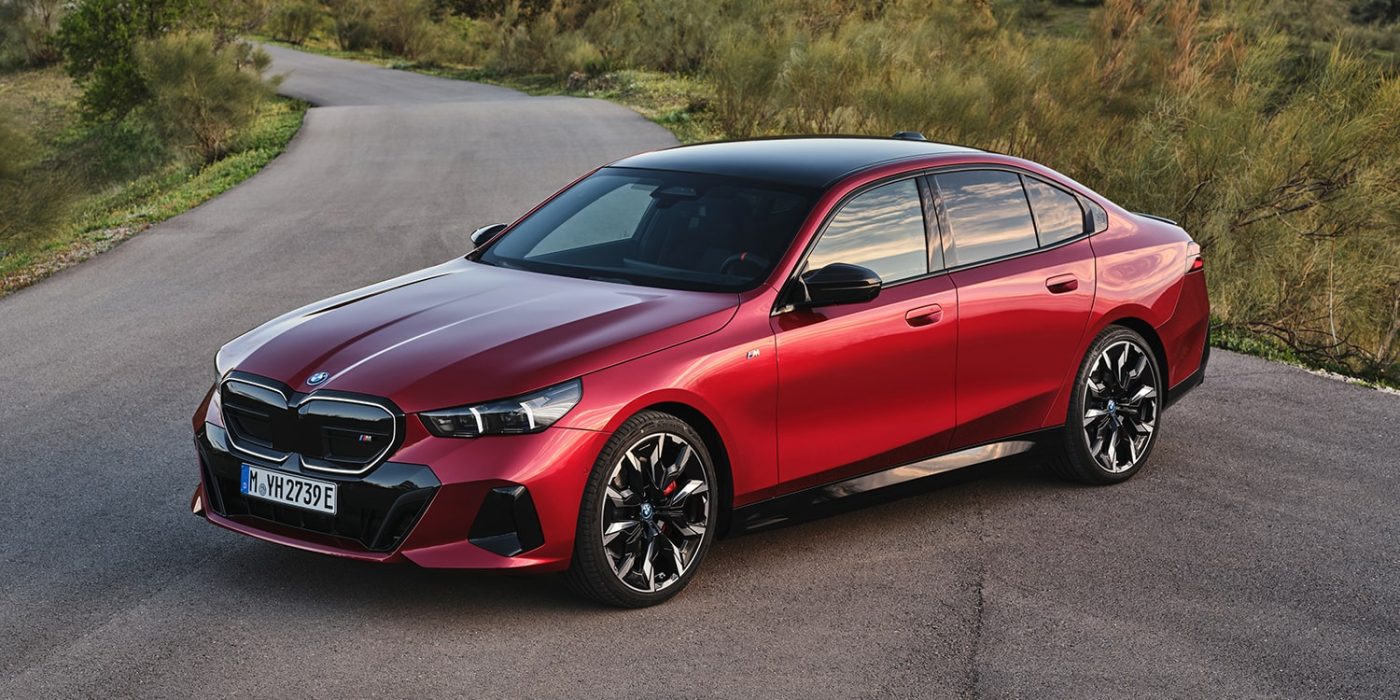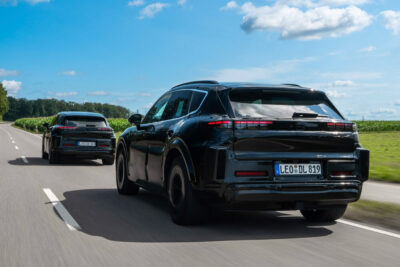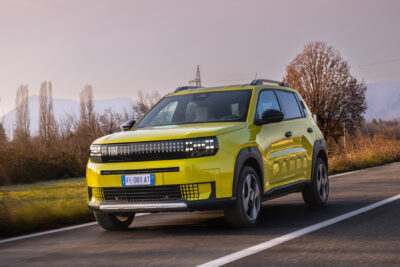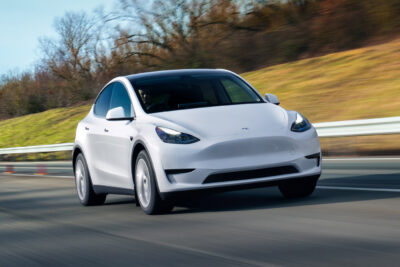BMW increases EV sales by 75 per cent in 2023
A brief review: In 2022, the BMW Group sold 215,755 fully electric vehicles of the BMW and Mini brands, corresponding to a growth of 107.7 per cent. At that time, the BMW brand sold 172,001 battery-electric EVs.
In 2023, however, the BMW brand alone sold almost as many electric cars as the whole Group in 2022. Last year, 330,596 electric BMWs were handed over to customers – 92.2 per cent more than in the previous year. Across all drive types, the BMW brand delivered 2,253,835 vehicles (+7.3 per cent), bringing the EV share to 14.7 per cent. Including the Mini and Rolls-Royce brands, the BMW Group delivered 2,555,341 vehicles (+6.5 per cent), including 376,183 BEVs. That represents an EV share of 14.7 per cent.
For the current year, BMW aims for an EV share of 20 per cent; one in five of the company’s new cars will have a fully electric drive. By 2025, this figure will be 25 per cent.
“We see continued high demand for our fully-electric products and, based on our strong, cross-brand product portfolio, expect to sell more than half a million fully-electric vehicles in 2024,” says Jochen Goller, member of the Board of Management of BMW AG, responsible for Customer, Brands, Sales.
The manufacturer’s portfolio of 18 all-electric model variants also contributed to this, covering the brand’s key segments from the iX1 with front-wheel drive to the i4 and i5 business models and the i7 and iX luxury cars.
BMW does not specify the distribution among the individual model series, nor the distribution of BEV sales among the respective sales regions. The press release merely states that “the BMW iX1 and the BMW i4, in particular, were among the main sales drivers.” However, the i5 was not available for the entire year, and BMW’s first electric estate, the i5 Touring, will launch in 2024.
At Mini, however, 2023 was characterised by the model changeover. The “old” Mini Cooper SE had a hard time on the market with its outdated technical data, especially as many customers were probably waiting for the premiere of the new generation in September. As the Mini Countryman crossover model will also be available as a BEV variant for the first time (similar to the iX1), growth in 2024 will likely be significant. In 2023, sales of fully electric Mini models rose by 3.5 per cent to 45,261 vehicles. On a positive note: at 15.3 per cent, Mini’s EV share is slightly higher than that of the BMW brand.
The first examples of the Rolls-Royce Spectre were also handed over to customers in the fourth quarter of 2023. The Munich-based company does not state how many electric Rolls-Royces are already on the road. All that is known is that the order backlog for the electric luxury coupé extends into 2025.
BMW no longer explicitly mentions plug-in hybrids in the press release. It only says that the Group delivered a total of 566,486 electrified vehicles. Subtracting the 376,183 BEVs from this figure results in 190,303 plug-in hybrids – fewer than in the previous year. In 2022, the BMW Group sold 218,040 PHEVs.





0 Comments